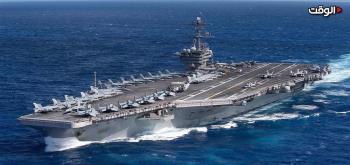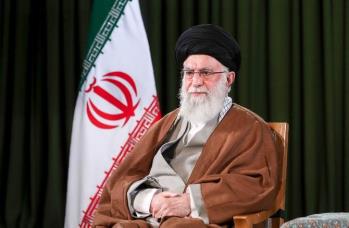Alwaght- The ninth “Heart of Asia-Istanbul Process” on Afghanistan was held in Tajikistan capital Dushanbe on Monday.
The summit, with “strengthening consensus for peace and development” as its slogan, kicked off with the speeches of President Emomali Rahmon of Tajikistan and President Ashraf Ghani of Afghanistan.
The security challenges and terrorist threats the region is facing as well as the ways of boosting Afghanistan relations with other Central Asian states were the key points of discussion of the meeting.
Formation of Heart of Asia-Istanbul Process
Heart of Asia-Istanbul Process as an organization was established in 2011 at the suggestion of Afghanistan and with the support of Turkey. The first conference with the participation of foreign ministers of 14 member countries, including Iran, Turkey, Afghanistan, Azerbaijan, China, India, Kazakhstan, Kyrgyzstan, Pakistan, Russia, Saudi Arabia, Tajikistan, Turkmenistan and the UAE was held in Istanbul.
Australia, Canada, Denmark, Egypt, France, Finland, Germany, Iraq, Italy, Japan, Norway, the Netherlands, Spain, Sweden, Britain, and the US all support the process. It has also been endorsed by several regional and international organizations. These are also observer members.
Previous summits were hosted by Kazakhstan, China, Pakistan, India, and Azerbaijan. Since 2011, consequently Istanbul, Kabul, Almaty, Beijing, Islamabad, Amritsar, Baku, and Istanbul hosted the summit.
The security challenges and terrorist threats Afghanistan and the region are facing, as well as the need to develop Afghanistan's communication routes with Central and South Asia, are the focus of the main and observer members of this process. Building trust, fighting terrorism, trade, infrastructures, regional economic partnership, and cooperation on education and training also make the goals of the process.
The investment and the ways to ensure security to maintain and develop the investment cash injected into the Afghan economy have always been an important concern of investors and businessmen of other countries. During the discussions, the representatives of the countries seek ways to address these challenges.
Iran, supporter to peace and stability in Afghanistan
Iran’s Foreign Minister Mohammad Javad Zarif was one of the attendees of the meeting and addressed the gathering.
Iran has always been a backer to peace and stability in Afghanistan and emphasized establishment of an inclusive government. This was highlighted by Zarif.
“We support a peace process that is purely Afghan. The UN as the most transparent observing body should not allow policies of a number of countries endanger Afghanistan’s future,” Zarif told the conference.
Zarif also stressed responsible withdrawal of foreign troops from Afghanistan. Referring to ISIS terrorist group’s activities in Afghanistan, he said: "We should all be aware of ISIS efforts to use religious extremist elements to promote religious and ethnic conflicts in this country.”
Heart of Asia and Afghanistan
Numerous meetings and conferences have so far been held on Afghanistan and achieving lasting peace in this country, but the path of peace and stability remains labyrinthine as the war and insecurity remain marring pro-peace efforts.
One of the main reasons the foreign and international meetings and conferences have not been able to establish lasting peace and security in Afghanistan has been large number of countries participating in these meetings and conferences that lack common views on war-torn country.
For example, regarding the recent gathering in Dushanbe, although the member and observer states are somehow involved in Afghanistan’s developments and many of them can play a positive role in the Afghan peace process, they were unlikely to reach a common vision for peace in Afghanistan due to their differences. India and Pakistan’s conflict of views on Afghanistan is just one example. Saudi-Turkish and Indian-Chinese conflicts of views are also important.
The 9-year summit so far have failed to yield any fruits for Afghanistan. The meetings of the Heart of Asia-Istanbul Process more than being fruitful are nominal summits for talks on Afghanistan. So, they are hardly expected to make any different and determining contribution to the Afghan peace.



























